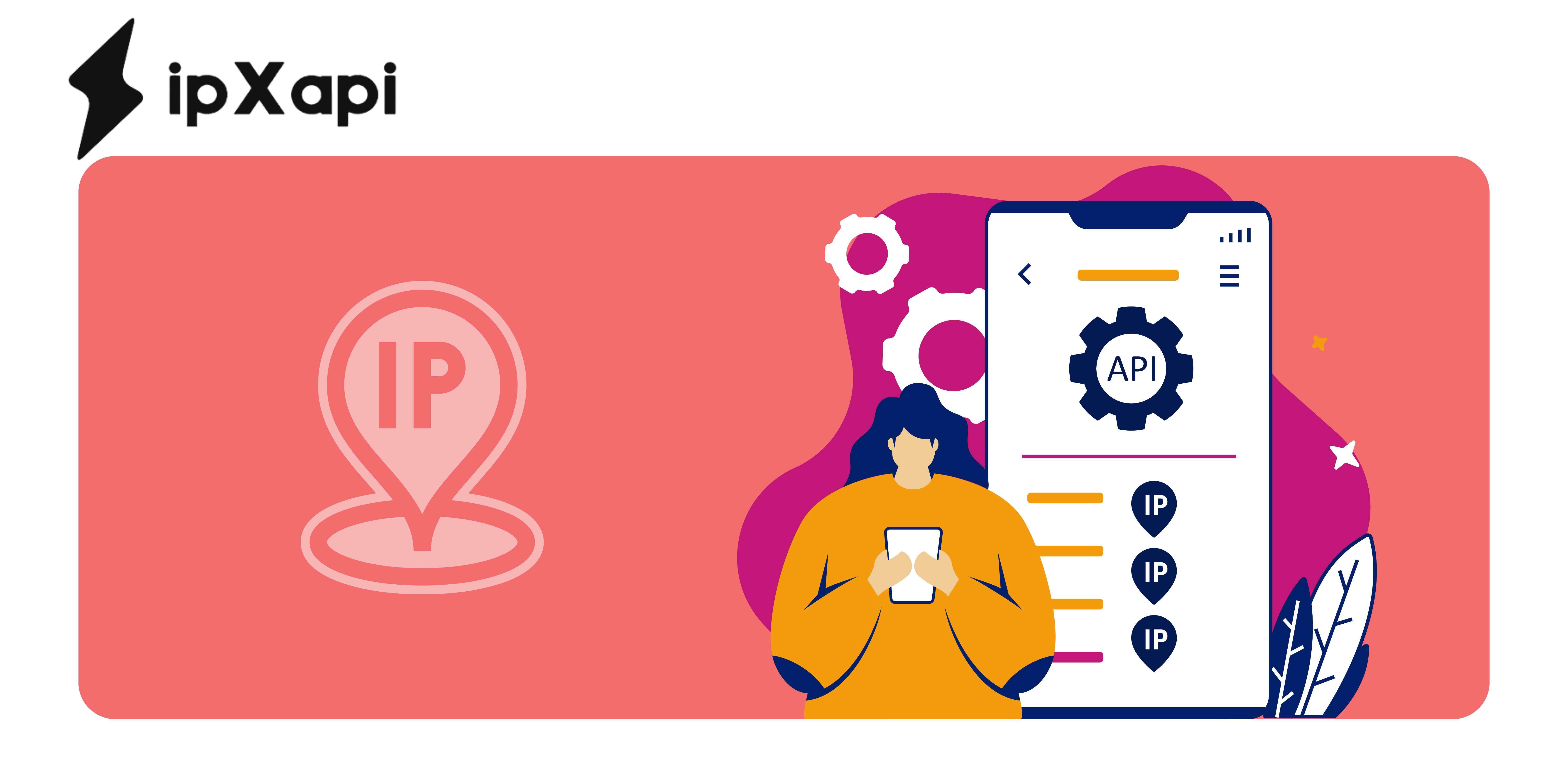IP Localization API For Precise Data

In an increasingly digital world, understanding the geographic origin of your web traffic is crucial. An IP Localization API is a powerful tool that allows businesses and developers to identify the geographic location of users based on their IP addresses.
This capability is indispensable for tailoring user experiences, enhancing security, and driving data-driven decisions. Nowadays, ipXapi stands out as one of the best as it offers a leading IP-to-geolocation API and a comprehensive global IP database, ensuring precise data.
Obtaining Precise Data with IP Localization APIs
IP Localization APIs function by mapping IP addresses to specific geographic locations. When a user visits your website, their IP address is sent to the API, which then returns detailed geolocation data. This data can include the user's country, region, city, latitude and longitude, and even their ISP. By leveraging this information, businesses and developers can gain valuable insights into their audience's geographic distribution.
Accurate geolocation data is a game-changer for businesses and developers. It allows for enhanced user personalization, enabling content to be tailored to specific regions. This leads to increased user engagement and higher conversion rates. Additionally, precise geolocation data can improve security by detecting and mitigating fraudulent activities originating from high-risk areas. It also helps businesses comply with regional regulations by understanding where their users are located.
Real-World Use Cases for Developers and Businesses
Developers and businesses across various industries can benefit from IP Localization APIs. E-commerce platforms can use geolocation data to offer region-specific products and promotions. Streaming services can provide localized content, ensuring compliance with licensing agreements.
Financial institutions can enhance security by flagging transactions from suspicious locations. Even marketing teams can optimize their campaigns by targeting specific geographic regions more effectively.
Introducing ipXapi: Your Solution for Precise Data
ipXapi is renowned for its high level of accuracy and precision in IP data. The service ensures that the geolocation information provided is both accurate and reliable, which is crucial for applications requiring exact user locations. This level of precision is achieved through rigorous data validation and aggregation from multiple sources.
The digital landscape is constantly evolving, and so is the data associated with it. ipXapi keeps its database updated regularly, ensuring that users always have access to the most current geolocation data. This continuous update process maintains ipXapi API's reliability and effectiveness. Additionally, its data coverage is growing by the day, currently supporting more than 2 million unique locations in over 200,000 cities across the globe.
Getting Started with ipXapi
Integrating ipXapi into your applications is a straightforward process. The API is designed with developers in mind, offering detailed documentation and code samples to guide you through the setup.
But, before committing to a plan, ipXapi offers a seven-day free trial and demo period. This allows users to test its features and evaluate its performance. The demo provides a hands-on experience, enabling you to integrate the API into your applications and see its benefits firsthand.
The Impact of IP Localization APIs on the Development Landscape
IP Localization APIs are revolutionizing the development landscape by providing accurate and reliable geolocation data. These APIs enhance user experiences, improve security, and streamline development processes. As the demand for precise geolocation data continues to grow, IP Localization APIs will play an increasingly vital role.
ipXapi is at the forefront of this technological advancement. With its high accuracy, regular updates, ease of use, and advanced security features, it is the preferred choice for developers seeking reliable geolocation solutions. So, ss the digital world continues to evolve, leveraging tools like this one will be crucial for staying ahead and maximizing the potential of geolocation data.



